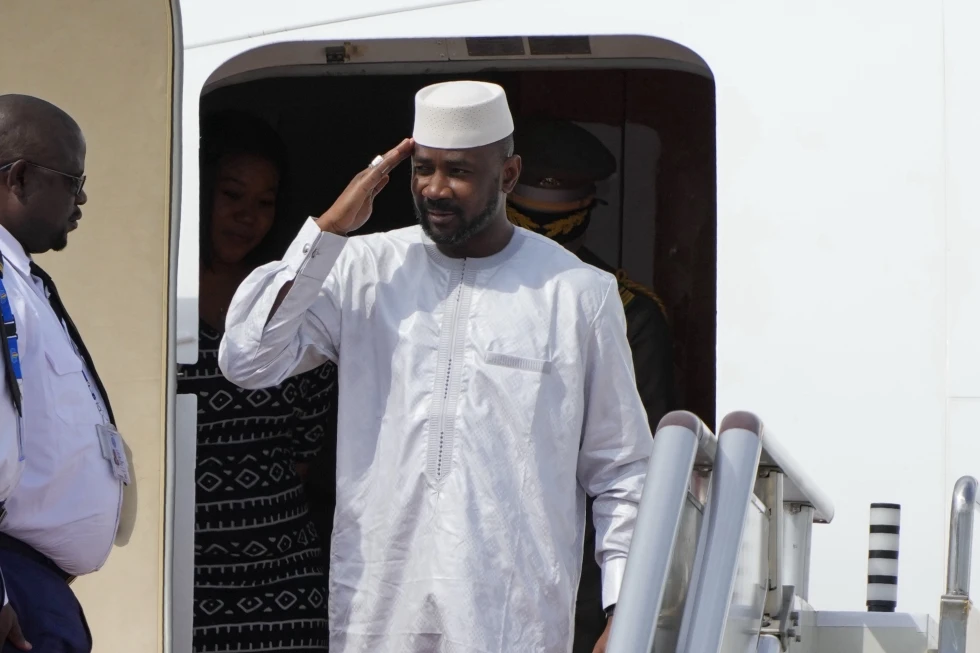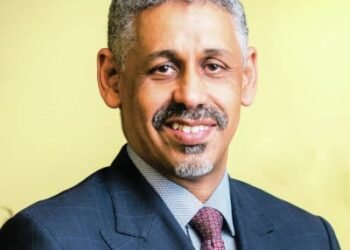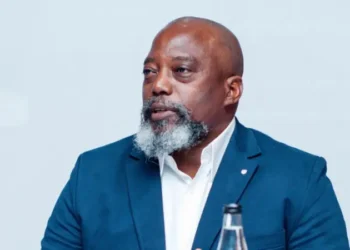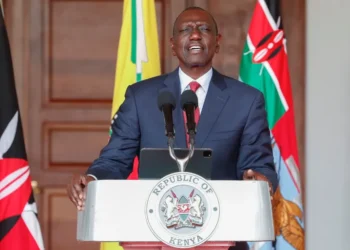Mali’s military government has issued a sweeping suspension of all political party activities and associations, declaring the halt “until further notice.” The decree, signed by transitional President Gen. Assimi Goita, cited “reasons of public order” and followed a Council of Ministers meeting earlier in the week.
This decision comes in the wake of mounting civil unrest, notably a significant pro-democracy demonstration in Bamako over the weekend. It was the first public protest of its kind since the military took power nearly four years ago through successive coups in 2020 and 2021. Hundreds of citizens, including opposition leaders and civil society members, gathered to resist a proposed bill that would dissolve political parties altogether.
Despite tight security and attempts by pro-military youth to disrupt the rally, protesters carried signs and chanted slogans calling for democratic reform. Police had sealed off key areas in a bid to avoid direct confrontations between the sides. Organizers said a follow-up protest was expected this week, though the government’s latest move may force them to rethink their strategy.
Cheick Oumar Doumbia, one of the leaders of the demonstration, said, “I’m not surprised, I expected this because this is their way of preventing us from carrying out our activities, but we will continue to defend democracy in Mali. We are a people committed to democracy.”
Goita, who has ruled since leading two coups in under a year, last week received backing from a national political conference that recommended he remain president for a renewable five-year term — a proposal that has further fueled public discontent.

Democracy Suspended, But Not Silenced
On Sunday, a coalition of political parties, civil society leaders, and trade unionists convened a press conference to urge a return to constitutional governance through “transparent, inclusive and peaceful elections.” However, the authorities forcibly shut down the event, citing potential clashes with government supporters.
Legal expert and political analyst Cheick Oumar Konaré criticized the military leadership’s tactics.
“With this decision, the government has not chosen to calm the political climate in Mali, and the political parties have not yet announced their strategy for making their voices heard, but we expect confrontations with pro-democracy groups in the streets in the future.”
Cheick Oumar Konaré
This latest clampdown is reminiscent of similar measures taken in April 2024, when political activity was suspended ahead of an “inter-Malian dialogue.” That dialogue controversially recommended extending the current transition period from military to civilian rule from two to five years.
Meanwhile, Mali continues to navigate complex geopolitical and security challenges. The junta has severed ties with traditional Western allies, instead turning to Russia for military and political support. While this shift has sparked concern among regional observers, Mali’s authorities argue it is necessary for securing national sovereignty.
Internally, the country is still grappling with persistent attacks by extremist factions affiliated with al-Qaida and the Islamic State group. The violence, ongoing for over a decade, continues to claim lives and destabilize rural regions, fueling public frustration.
For many Malians, the suspension of political activity marks yet another troubling development in a country already teetering under the weight of insecurity, economic pressure, and eroding democratic freedoms. While the military government defends its decision as a matter of public order, critics argue it is yet another step in a dangerous consolidation of authoritarian rule.
READ ALSO: President Mahama Rated Excellent in 120-Day Education Scorecard







